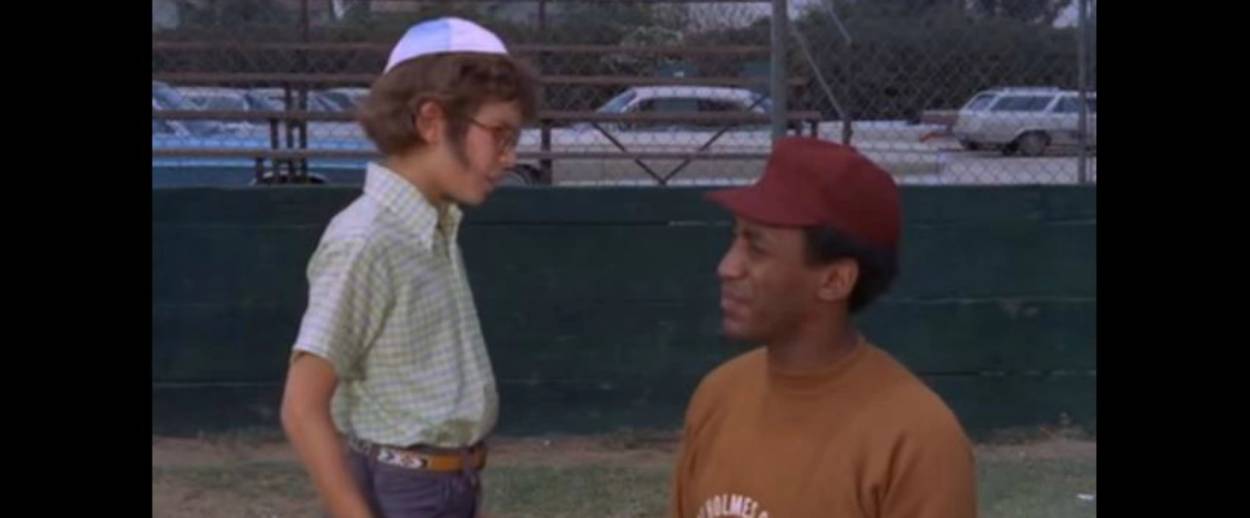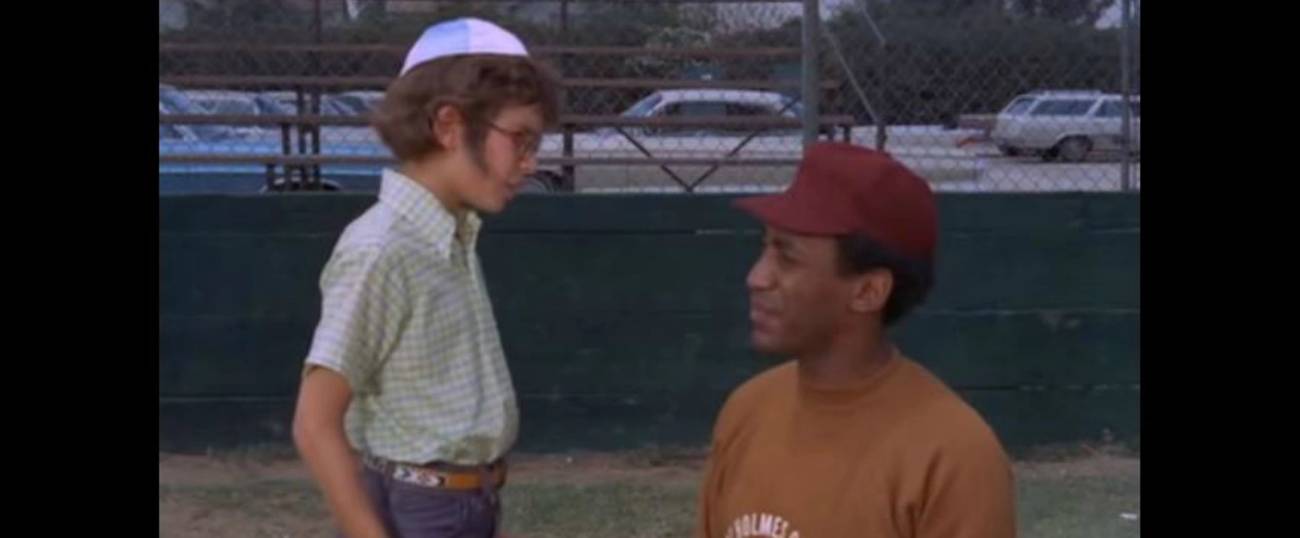The One Where Bill Cosby Helps the New Kid in Town Own His Jewish Identity
To play or not to play baseball on Shabbat? That is the question.




Public perceptions about Bill Cosby have certainly changed since his days as Cliff Huxtable, the slow-talking patriarch on The Cosby Show. And rightfully so: more than 50 women have alleged they were sexually assaulted by Cosby, accusations that will likely tarnish his image and career for a long, long time.
But before Cosby played a Huxtable, he starred on The Bill Cosby Show, a comedy series that aired on NBC from 1969-1971. The show was nominated for 4 prime time Emmys over the course of its 52-episode run. So why am I writing about this now? Well, interestingly enough, the final episode of The Bill Cosby Show, which aired on March 21, 1971, tells a a familiar story—one taken from the pages of Sandy Koufax’s legend.
In “The Saturday Game,” Cosby plays a baseball coach for the local boys team in what appears to be Greater Los Angeles. One day during practice, a woman drops by to tell Coach Cosby that she’d be bringing by a new kid from Brooklyn to town to play for the team. We learn that his mother died, and that he has moved to town with his father, who calls him Heshele. The boy goes by “Harry” outside the home.
Anyway, Harry ends up getting into a ruckus with the catcher of the baseball team because he thinks Harry’s peyot, which he calls “baby curls,” are weird. And what’s weird, to kids, can be a threat. So they fight. Cosby comes to the rescue and breaks it up.
“I told him, they’re peyos, they’re in the Bible,” Harry says to Cosby. “The Old Testament—Leviticus, Chapter 19, Verse 27: “Ye shall not round the corners of your heads.”
“Some people are just ignorant, man,” says Cosby. “You just have to give them time to just teach ’em, OK?”
Anyway, Harry the Hasidic Kid turns out to be a ringer, especially at the plate. “Where’d you learn to hit like that?” Cosby asks him, in awe of his new prized clean-up hitter. “Brooklyn,” Harry says.
In time, we become privy to the main tension of the episode: Harry, who emerges as its best player, and whom the team grows to love because of his prowess around the diamond, learns that his first game with the team will take place on a Saturday, his Sabbath. So: does he play, or not?
Jonathan Zalman is a writer and teacher based in Brooklyn.